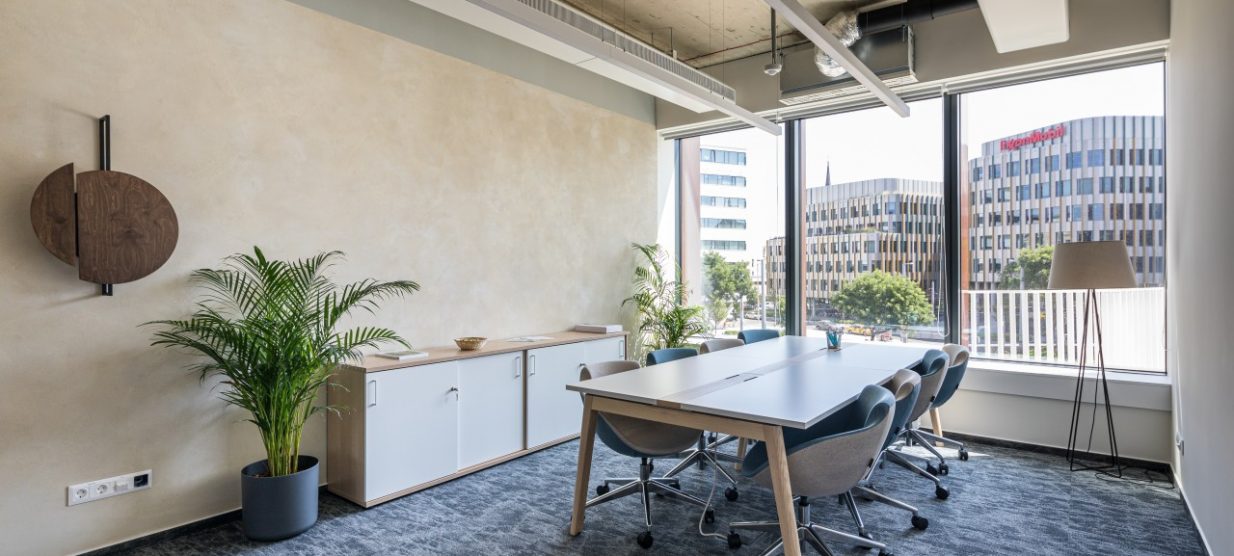How Flexible Office Spaces Are Supporting the Gig Economy
The gig economy is no longer a fringe phenomenon. What began as a supplementary income option for freelancers and gig workers has grown into a thriving global trend, altering the way millions of people work and live. But with this freedom comes unique challenges, including the need for affordable, professional workspaces that foster productivity and collaboration. Enter flexible office spaces – an innovative solution tailor-made for the needs of gig workers, freelancers, and independent contractors.
Flexible office spaces have emerged as a crucial component in the infrastructure of the gig economy. Beyond being just a desk and a chair, these workspaces offer the resources necessary for independent workers to thrive. Here’s how they are transforming the gig economy landscape and empowering those who choose flexibility over traditional employment.
Cost-Effective Solutions for Gig Workers
One of the most attractive aspects of flexible office spaces is their cost-effectiveness. Traditional office leases often require long-term commitments, large upfront deposits, and fixed monthly expenses that are simply incompatible with a freelancer’s variable workflow or income.
Flexible office spaces, however, operate on a pay-as-you-go or subscription model, enabling gig workers to scale their workspace usage up or down as needed. Whether it’s renting a hot desk for a few hours or booking a private office for a month, the flexibility of these arrangements allows workers to stay within budget while enjoying professional amenities.
This affordability frees up funds that gig workers can redirect toward essential business needs such as software, marketing, or professional development.
Building Professional Credibility
For many gig workers, maintaining a professional image is critical, especially when meeting clients, hosting business presentations, or conducting interviews. Flexible office spaces bridge the gap between working from home and having an office by providing access to professional environments.
Conference rooms equipped with state-of-the-art technology, impeccable design, and prime locations in city centers can elevate a freelancer’s credibility. Even for those who never meet clients in person, a prestigious business address offered by many flexible spaces can make a strong impression on proposals, contracts, and online profiles.
These valuable perks not only enhance a worker’s professional image but also contribute to career growth in a competitive gig economy.
Enhancing Productivity and Work-Life Balance
While working from a home office or a local coffee shop may sound appealing, these environments often come with distractions – from household chores to noisy coffee grinders. Flexible office spaces provide gig workers with a structured environment optimized for productivity.
Many coworking hubs feature ergonomically designed workstations, strong Wi-Fi connections, quiet zones, and access to tools like printers, projectors, and sound-proof booths. Some even go the extra mile by offering wellness areas, meditation rooms, and fitness facilities.
This access to a variety of professional resources allows gig workers to stay focused, meet deadlines, and balance their personal and professional lives more effectively.
The Role of Technology in Flexible Office Spaces
Modern gig workers rely heavily on technology, and flexible office spaces cater to this need. From high-speed internet and video conferencing tools to secure data storage, many coworking spaces are outfitted with the latest tech to support digital professionals.
Some spaces are even integrating advanced tools like virtual reality for project collaboration, or artificial intelligence for personalized workspace recommendations. These technological amenities enable gig workers to stay competitive in their respective industries, while reducing the stress associated with finding reliable tech on the go.

Do not hesitate to contact us
Get in touch, if you have any question

